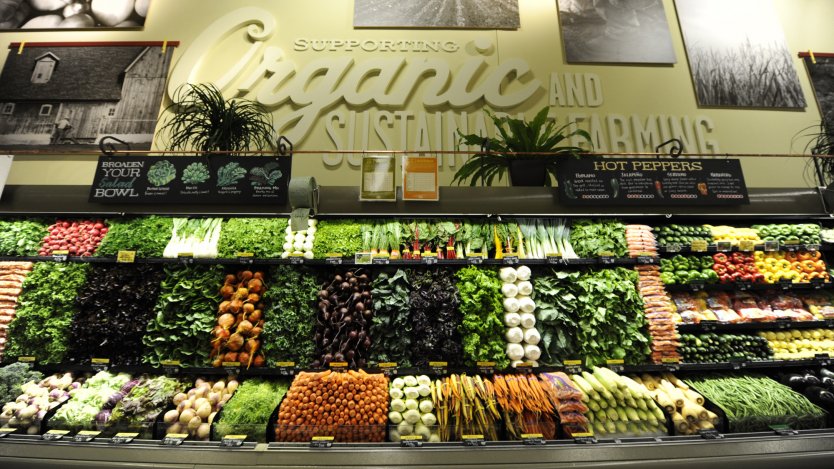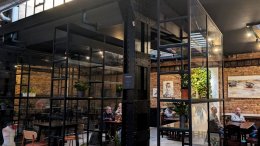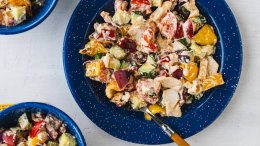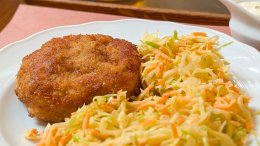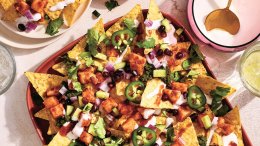Schema
Pronounced: ski-mah
Definition: A representation of a plan or theory in the form of an outline or model
Have you ever considered how it would feel to walk into a fine dining restaurant that blaring rap music? How about ordering sushi at a German restaurant? I am guessing that neither possibility has crossed your mind because frankly, both would be pretty weird experiences. That being said, things are not inherently odd, even if we choose to classify them as such. In order for something to be strange, it has to be considered in relation to something else.
In the case of dining out, eating sushi is definitely not weird per se, but it may be in the context of a restaurant with German-themed decor. The reason is pretty intuitive: you expect German food at a German restaurant. For those of you who were looking forward to finding California rolls next to the schnitzel, you may want to recheck the menu. You may also want to get your head checked.
Despite this all seeming fairly straight forward, the expectations we have for certain situations actually have a name. They are called “schemas”. Essentially, schemas provide us with a framework of what we can anticipate will happen under given conditions. Because of this, we develop ideas on how to behave, whether or not you are actually conscious of it.
My favourite example of a schema in action is going to the grocery store. No matter what store you go to, you can orient yourself to your surroundings fairly quickly. Most of time, the produce, meat, dairy and eggs are found along the periphery. In the middle, you have aisles full of everything from cereal to pasta, but you know that the cereal won’t be next to the pasta. Instead, it is likely found with the granola bars or maybe the juice. Meanwhile, the pasta is in an aisle with a variety of tomato-based products and sauces. You know you are not going to find the crackers in the freezer section, that’s for sure. At the same time, you would be pretty shocked to find an entire aisle of ice cream.

The schema continues when you go to pay for your groceries: you know that you have to get in the checkout line, put your items on the conveyor belt, wait for the cashier to scan them through before they are bagged and paid for. It all seems so obvious, but if it were not for schemas, we would not have a clue in a situation like this. Because of schemas, we are able to go through our day-to-day lives without having to stop and analyze every aspect of different situations we encounter.
Although schemas allow for efficiency, they can also lead to over-simplification or generalizations, causing mistakes, in the face of unknowns that break the constraints that we put on things.
Going back to the Japanese-German mash-up, your schema of a German restaurant (or at least that of a Canadian-German restaurant) sets up certain expectations: roast chicken, bratwurst and beer. The only thing about that mash-up that could possibly make sense is a sake bomb, but you would be pretty darn confused otherwise. But what if it they actually did have sushi on the menu? At that point you would have to re-evaluate your schema. Chances are you won’t be able to find an example of a previous experience where you ordered sushi at a German place.
Checking to see if things are consistent with what we have experienced in the past is called the “availability heuristic”. If nothing is available that matches with the current situation, you are left without a reference to draw from. Do you leave in a state of confusion? I, for one, wouldn't blame you. But, perhaps you ask your server for an explanation. Maybe they tell you that it is a fusion restaurant, in which case, the scenario fits back into your schema of what you know fusion cuisine entails. Or maybe, just maybe, there is some messed up chef in the back that knows all about schemas and is videotaping the whole situation just to see your reaction. But then again, psychological experimentation does not really fit into our schemas of a chef.
Here's to keeping psychology junkies like me out of the kitchen!

